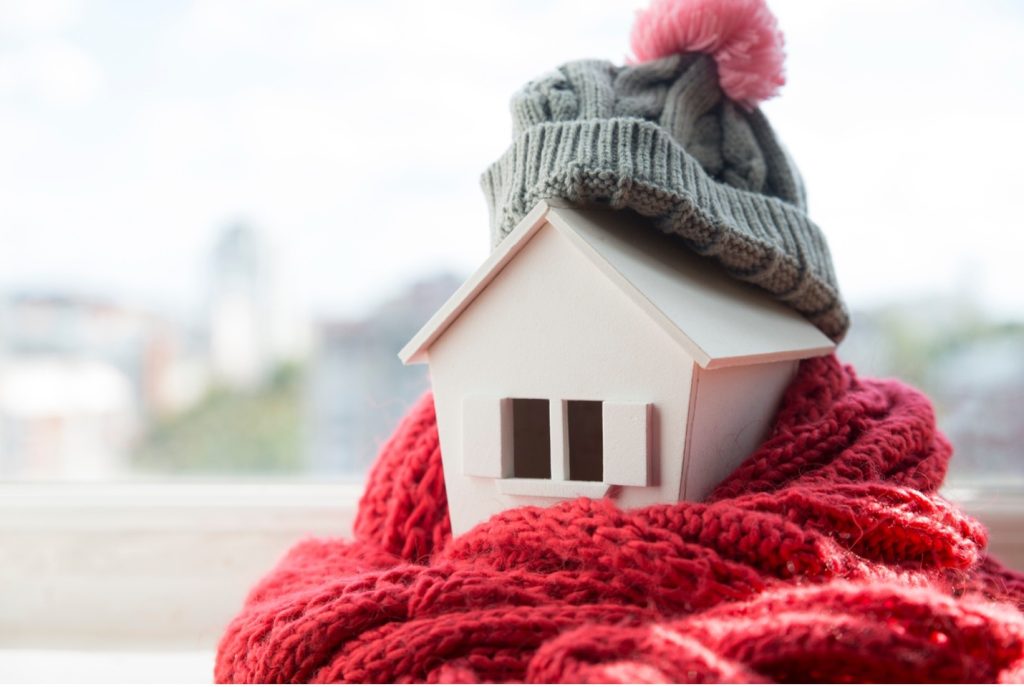Montgomery County winter weather has been particularly cold this season, and snow and ice have made frequent appearances. For older adults, these conditions present increased risks, and it is important to try to stay healthy and warm. Here are some essential steps to follow.
1. Avoid hypothermia
According to the National Institutes of Health, hypothermia is the result of a person’s body temperature getting too low. It can lead to many health problems, and older adults lose body heat faster than they did when younger, so it is particularly important to guard against getting too cold. The NIH recommends indoor and outdoor precautions to avoid hypothermia. These include:
- Set your home temperature to 68-70 degrees Fahrenheit.
- Dress warmly with socks, slippers, blankets and head coverings, even when indoors and in bed.
- Wear layers of clothing. The layers trap warm air which helps maintain body heat.
- Change your clothes right away if you get wet or damp. Try to wear waterproof clothing outside.
- Watch your diet: maintain body weight because that body fat keeps you warm and avoid alcohol because it has the opposite effect.
2. Weatherproof your home
In addition to keeping the heat on, making sure the outdoors isn’t coming inside is an important way to keep warm. Close off unused rooms, check seals on doors and windows and draw curtains to help maintain higher temperature. If you use a portable heater, be safe and careful in choosing the heater and using it around the house. Fire and carbon monoxide poisoning are hazards that you should avoid.
3. Walk like a penguin
This may sound like silly advice, but penguins have been walking on ice for a long time, and their methods work. Here’s how:
- Maintain your center of gravity over your feet (don’t lean forward or backwards).
- Point your feet out to improve your stability
- Bend slightly and walk flat footed
- Take it S-L-O-W and use short steps
One last tip for walking on ice: if you have a cane, get an ice tip attachment, to attach to the base.
4. Avoid depression
Older adults are more likely to suffer from depression, and it’s particularly important to guard against it in the winter when the days are short. Make sure you are getting enough Vitamin D and plan indoor activities to stimulate your mind. Isolation can be a major cause of depression, so making sure you are in contact with the outside world through friends and family or a caretaker is important to keep your spirits up. These people can also check on you to make sure that you aren’t suffering from some other winter-related problem.
At SmithLife Homecare, we take additional precautions with our clients in the wintertime to make sure that they survive and thrive in the cold weather. Our flexible care plans can be customized to your specific needs. If you are concerned about your health or safety, contact us for an in-home consultation and assessment.
Note from the author-
Thank you for reading our latest blog post at SmithLife Homecare. If our content has been helpful, please share it with others. We’re committed to providing valuable insights on homecare and well-being, with fresh content monthly. We value your feedback and suggestions; feel free to leave a comment below. Your support helps us make a difference. Stay tuned for our monthly blog posts!

About the Author-
Renan Augusto is the Director of Digital Marketing for SmithLife Homecare. SmithLife Homecare is a senior in-home care provider located in Rockville, MD & Washington, D.C. Renan has a Master of Science in Digital Marketing. He helps families with starting home care service. He holds credentials as a Certified Dementia Practitioner, Senior Home Safety Specialist, and Meta Certified Digital Marketer.
